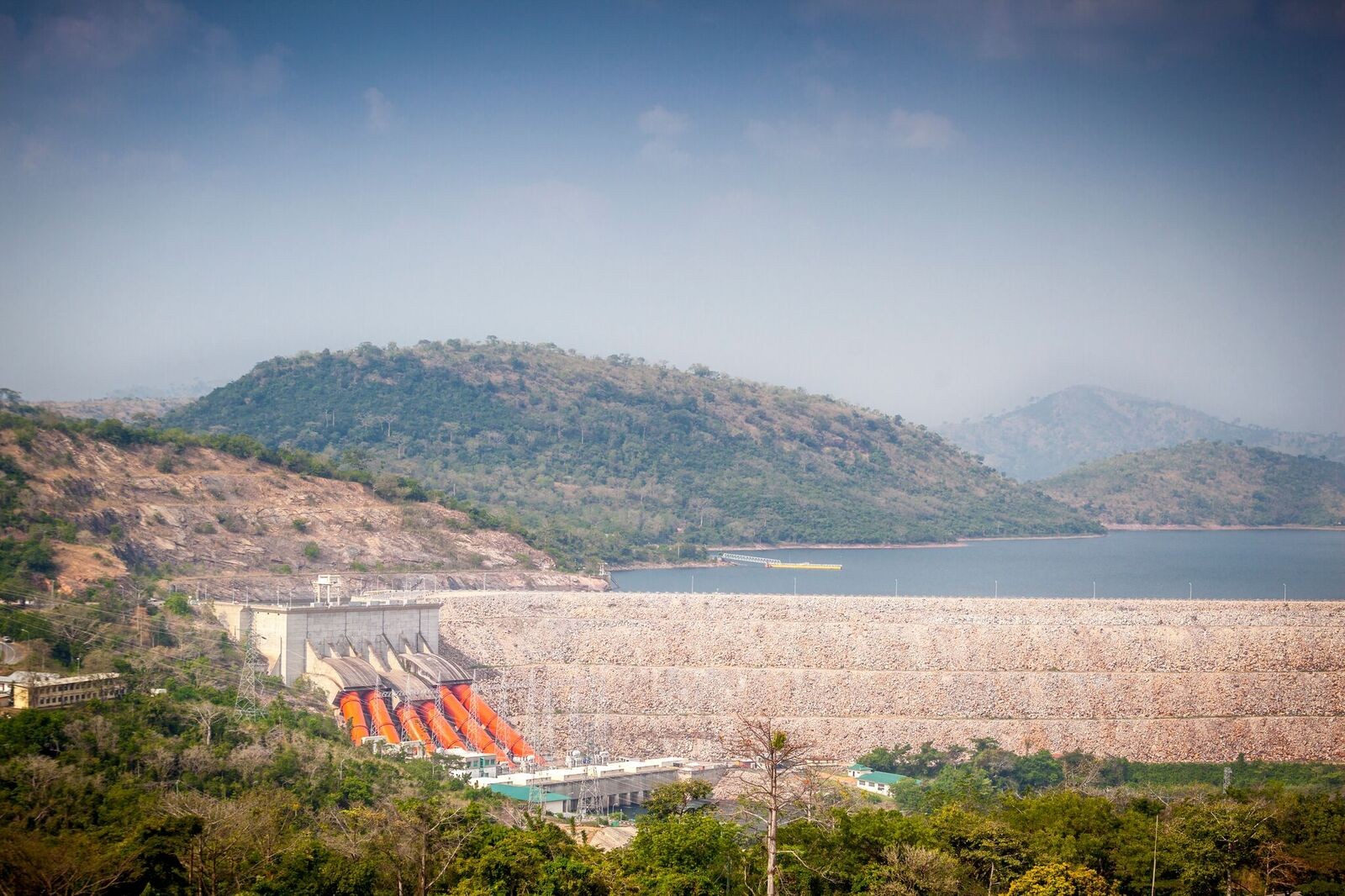£7.5m grant to ensure next generation dams promote sustainable development
An international consortium of researchers led by The University of Manchester will spend four years working to improve the economic, social and environmental impact of dams, after it was awarded a £7.5 million grant by Research Councils UK, as part of the Global Challenges Research Fund.
The world is moving into an unprecedented era of dam-building with more than 3,700 large dams currently planned or under construction, many of which are in low and middle-income countries. These projects have the potential to contribute significantly to the economic and social changes that underpin the Sustainable Development Goals. However, past experience shows that poorly designed and planned dam projects can have negative impacts on poor people, exacerbating political instability and environmental degradation.
The funding award will enable Manchester researchers to create the knowledge base, capacity and capability for a ‘Dams 2.0’ future, in which large dams are selected, designed and operated to support resilient and sustainable national, regional and global development in a warming world. Researchers will develop new infrastructure planning approaches and tools for dam design, management and professional training.
Dams 2.0 will be led by a team from The University of Manchester’s Global Development Institute (GDI) and Mechanical, Aerospace and Civil Engineering School (MACE). The team intends to improve the selection and design of dams by enabling analysts and decision-makers to consider impacts on wider water, energy, food and environmental systems.
Engineers and social scientists will be able to pool their expertise in an effort to ensure that the next generation of global dams do more to improve people’s lives.
The programme will link leading UK research bodies and institutes in East Africa, Ghana, Myanmar, India, and Jordan, as well as influential development banks and environmental organisations. Alongside the International Institute for Environment and Development (IIED), the programme will focus on growing the research capacity developing countries require to deal with the challenges they face.
Professor Julien Harou, Chair of Water Engineering at the School of Mechanical, Aerospace and Civil Engineering said, “System-scale planning and management of hydropower will ensure dams better balance multiple societal goals under an uncertain future”.
Addressing Global Inequalities is one of The University of Manchester’s research beacons - examples of pioneering discoveries, interdisciplinary collaboration and cross-sector partnerships that are tackling some of the biggest questions facing the planet. #ResearchBeacons



